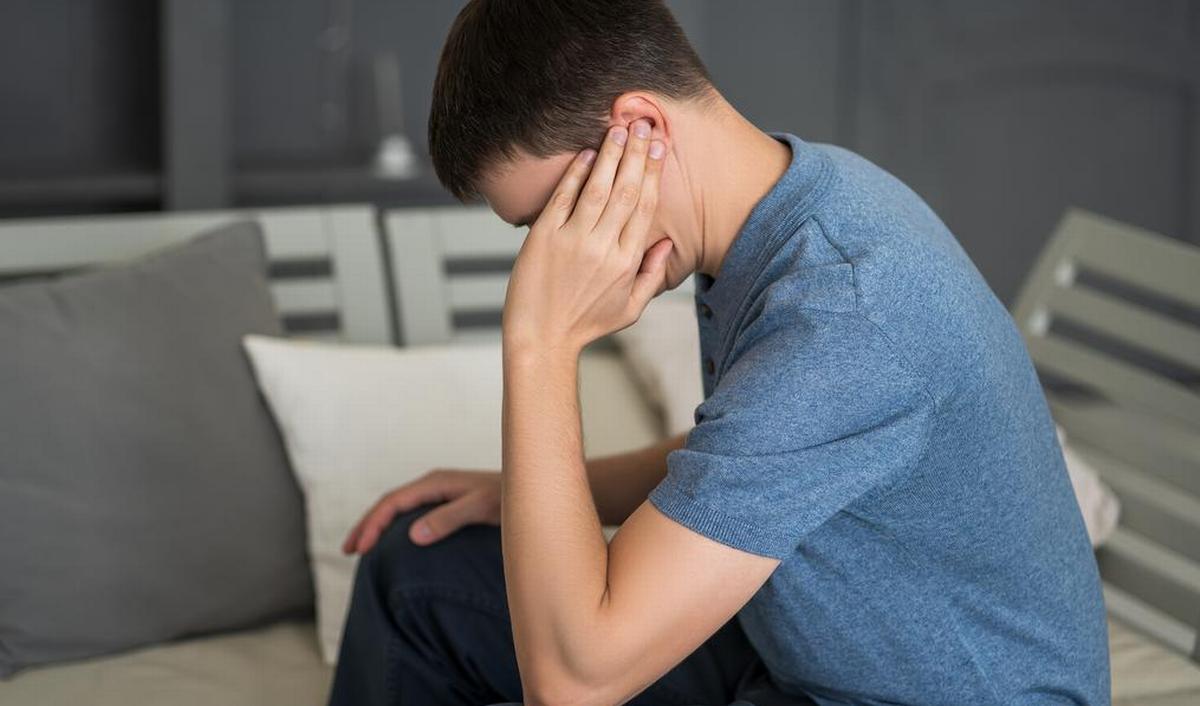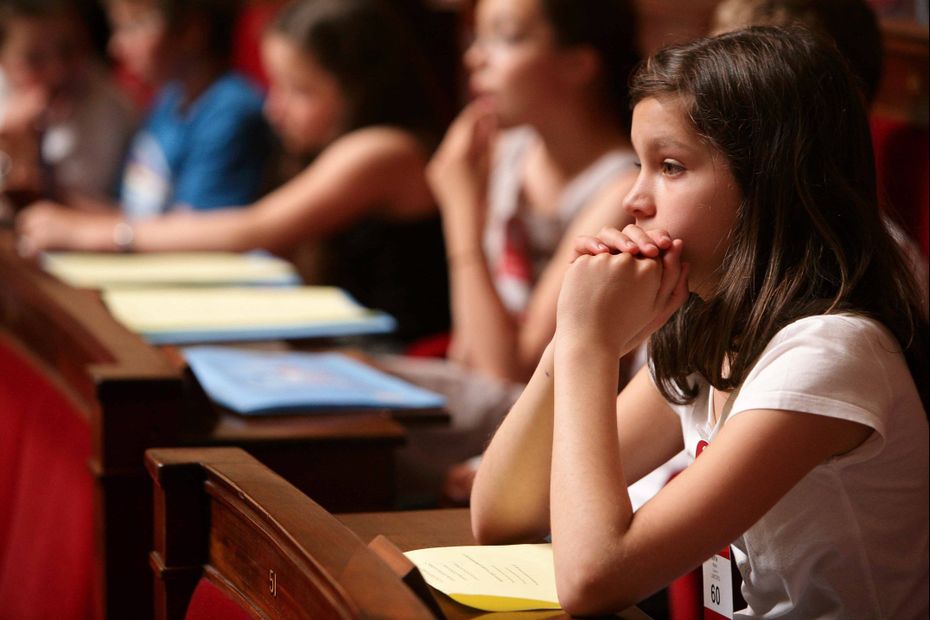2. mars 2023 22:44 – Updated March 2, 2023 10:44 p.m
Serbian President Aleksandar Vucic calls the country’s position between a hammer and an anvil. Now the Serbian president is opening up to a greater extent choosing sides between the EU and Russia.
Serbia and Russia have a long history and although Serbia has condemned the invasion of Ukraine, it has not wanted to participate in the sanctions against Vladimir Putin’s regime. Serbia has a strong desire to become part of the EU, but relations with Russia and the conflict with Kosovo make the process difficult.
But now it seems that President Aleksandar Vucic is preparing the people that the country will finally jump off the fence and take a greater distance from Russia.
“Caught between a hammer and an anvil”
To Serbian TV, ahead of the security conference in Munich, Vucic said that “the country was caught between a hammer and an anvil” in balancing relations between the EU and Russia.
In a larger interview with Politicohe hints that the country may be forced to take a stronger side.
– You are going to get a sentence from me; Serbia will continue on the path towards the EU. Then you can draw your own conclusions. But I think you understand mesays the Serbian president.
– We undoubtedly have some difficult choices ahead of us. That’s all I can say, he elaborated.
He elaborated that the bilateral talks in Munich had been difficult because the country’s perspective was different from most western countries.
Serbian President Aleksandar Vucic may be forced off the fence and choose sides between the EU and Russia.
The seas
Lock
Increased frustration
Frustration with Moscow has increased in Belgrade following accusations against the Wagner mercenary group of actively trying to recruit Serbs. This has been denied by Wagner boss Yevgeny Prigozhin.
– I do not recruit Serbs, he said in a statement.
Vucic promises that Serbs who have been recruited by the Wagner group will be prosecuted if they return to Serbia.
Work boil Kosovo
The relationship with Kosovo, which Serbia, like Russia, still does not recognize as an independent state, has also become a workhorse for the president. In Munich, he had talks with US Foreign Minister Anthony Blinken and Serbia has agreed to work for the US and the EU’s proposal for a peace plan for the area.
According to the plan, Serbia will stop blocking Kosovo’s representation in international organizations such as the UN.
Kosovo, for its part, must undertake to form an association for the Serbian-dominated areas in the north. The peace plan also requires both parties to establish representative offices in each other’s capital to resolve ongoing conflicts.
Sees parallels to Ukraine
For Vucic, there are parallels between the two conflicts. Serbs remember well the NATO bombs during the Kosovo war in 1999 and he points out that they have full sympathy with Ukraine.
– You will not find a single bad word about Ukrainians in Serbia, he points out and refers to what many Serbs would consider a double standard from the West.
– From the first moment, we condemned what happened on 24 February. And we have always been very supportive of the territorial integrity of Ukraine. Even today I can confirm that; yes, the Crimean Peninsula, Donbas and Kherson are all part of Ukraine, he asserts. What frustrates many Serbs is that their territorial areas are not considered equally important.
– We will stick to that line and be more loyal to the territorial integrity of a UN member than many other countries, which have changed their stance on Serbia’s integrity, he said recently at the World Economic Forum in Davos. A clear jab at the US and other countries that support Kosovo’s independence.
– It is our biggest political and psychological problem, he admits to Politico.
(The article continues below the picture)
A mural of Russian President Vladimir Putin in Belgrade, which has since been vandalized. Many Serbs have a positive view of the Russian president, even though the country officially condemns the war.
The seas
Lock
Putin well liked in Belgrade
Because at home it is not a given that people are more receptive to the EU than Russia. Four months into the war, a survey showed that 51 percent of Serbs were willing to reject EU membership, while Vladimir Putin was seen as the favorite among world leaders. Another survey last July showed that 66 percent of Serbs felt stronger ties to Moscow than the West. 59 percent also believed that the West was to blame for the war in Ukraine. Only 23 percent thought Russia was to blame.
At the same time, over 200,000 Russians fled to the country after the war broke out. Many of them want to get away from the Kremlin’s oppression and seek a freer life with the Serbian fraternal people, the only country in Europe they can easily travel to.
– Here in Belgrade, we are not met with distrust, and that means a lot, says Anastasia Demidova to the AP news agency. She came from Moscow three months ago.
According to the American think tank Institute for the Study of War (ISW)Russian military bloggers have noticed the Vucic interview and use it as an argument that Russian President Vladimir Putin has turned the country into a “pariah state”, when “even traditional fraternal states distance themselves” from the country.

